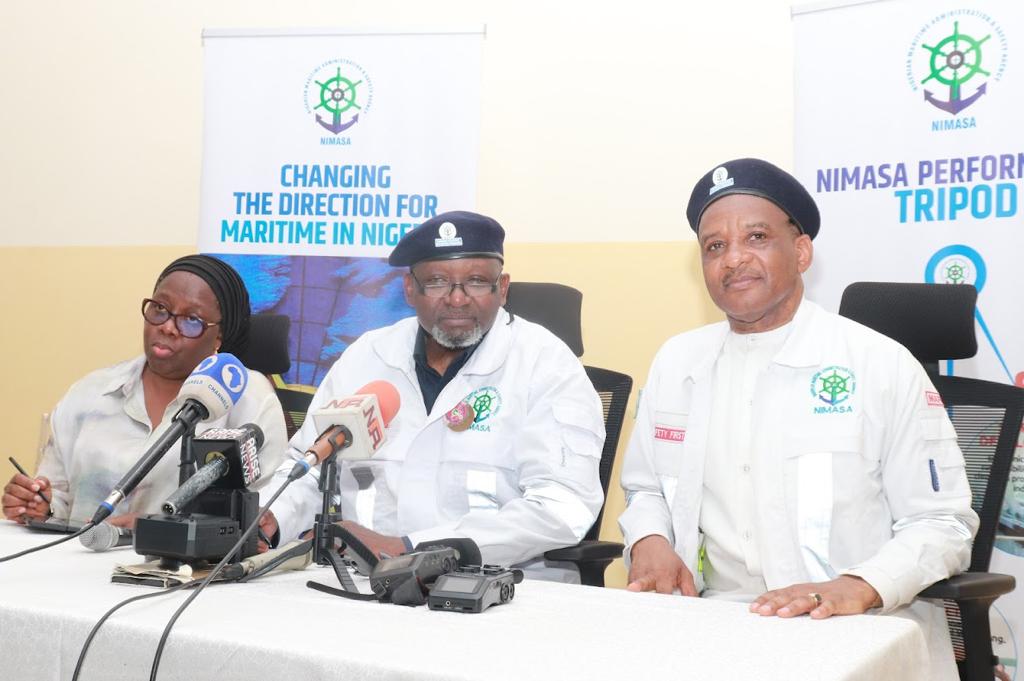As part of drive to prevent the Lekki Corridor in Lagos from becoming another theatre for a maddening gridlocked, the Federal Government has decided that cargo would not be moved by road.
The Minister of Transportation, Engr. Mu’azu Sambo who confirmed this in Lagos said the decision was arrived at, as the authorities fine-tune the official commissioning of the Lekki Deep Seaport next year.
Sambo stated that moving cargo by road will repeat the problem of traffic congestion being experienced in Apapa.
Sambo made this known at the 34th Maritime Reporters Association of Nigeria (MARAN) Anniversary/ Awards on Friday in Lagos with the theme: “16 Years of Port Concession: The Pains and the Gains”.
The Minister said, “For the Lekki Deep Seaport, there is no reason why we should have a replica of Apapa Port there and so I have instructed the Nigerian Ports Authority to ensure no movement of cargo by road.”
Sambo also said that the Federal Government is not owing dockworkers sacked due to port concession in 2006.
According to him, the only set of people that were not paid then were those working for private sector but were given severance packages
Presenting his paper, Barr. Hassan Bello, former Executive Secretary, Nigerian Shippers’ Council (NSC), noted that there was a need for constant review and re-alignment of the port concession agreements, especially in light of international trade in commerce.
Bello stated that the country cannot stop or even pause, as reforms must be continuous.
“The challenges are vast and varied but the prospects are enticing.
“The maritime industry must be comprehensively executed and strategically run as a fundamental economic factor with the target of contributing massively to the economic growth of the country,” he said.
He remarked that the port reform in Nigeria was necessary but crammed without regard to other sectors.
“The reform is critical but not comprehensive and stands the risk of being de-railed, curtailed, distorted or even reversed. This is because the legal framework is not dynamic and wholesome,” he said.
The former NSC boss stated that government must perform it’s part as a major driver of the reform.
“Government must build and enhance critical infrastructure in which the port reform is anchored.
“Those critical infrastructures must be deliberately sited to make for coordination and linkages, especially inland connectivity. Transport infrastructure cannot be located haphazardly or anyhow.
“Federal Government must provide conducive operating procedure, ease the cost of doing business and fight corruption that threatens to a put brake on reforms.
“The regulatory institutions must be assigned specific roles.
“Concessioning is give and take, the involvement of stakeholders is necessary not only in drafting agreements but in monitoring the tenets of the agreement,” he said.









